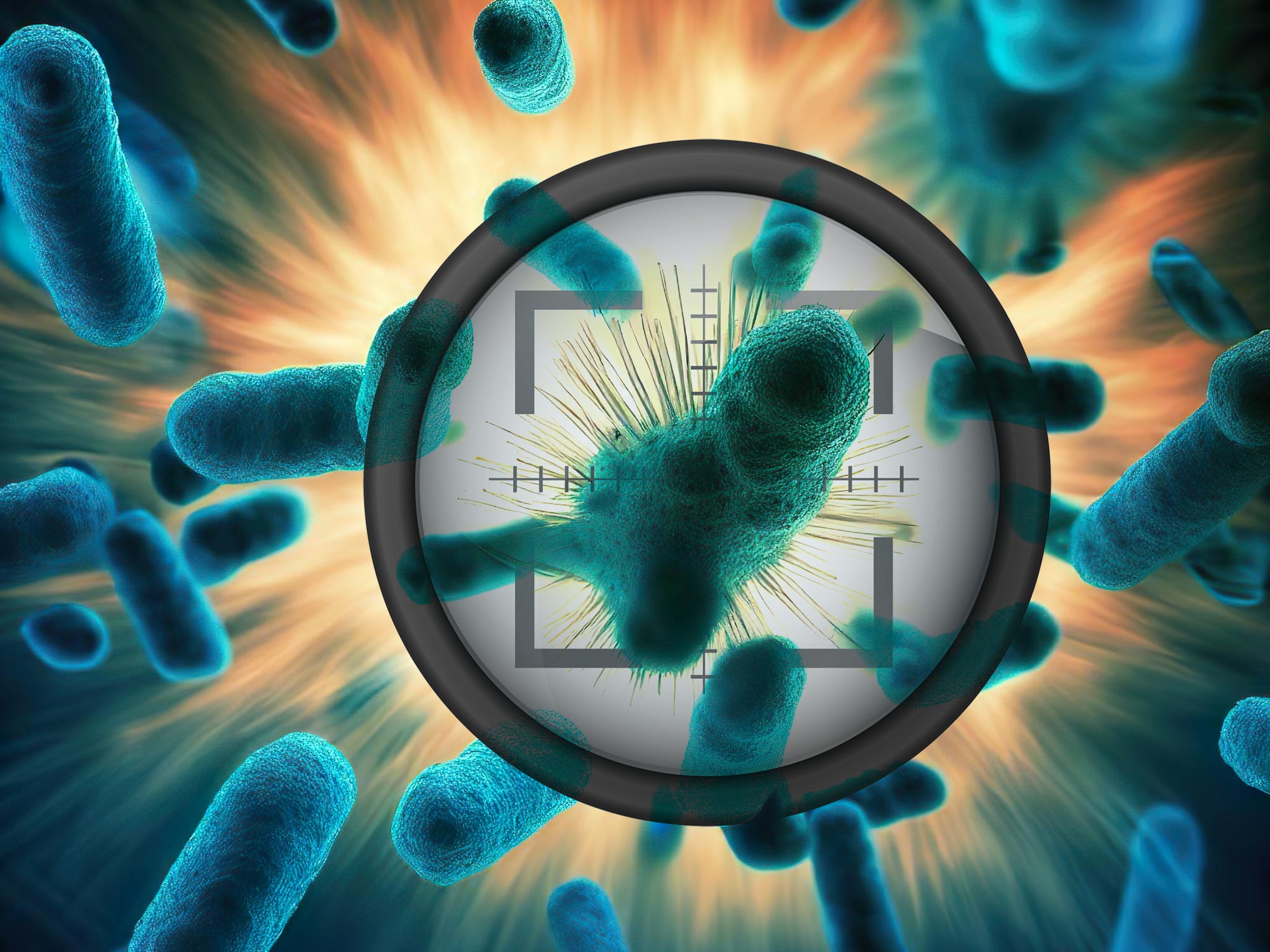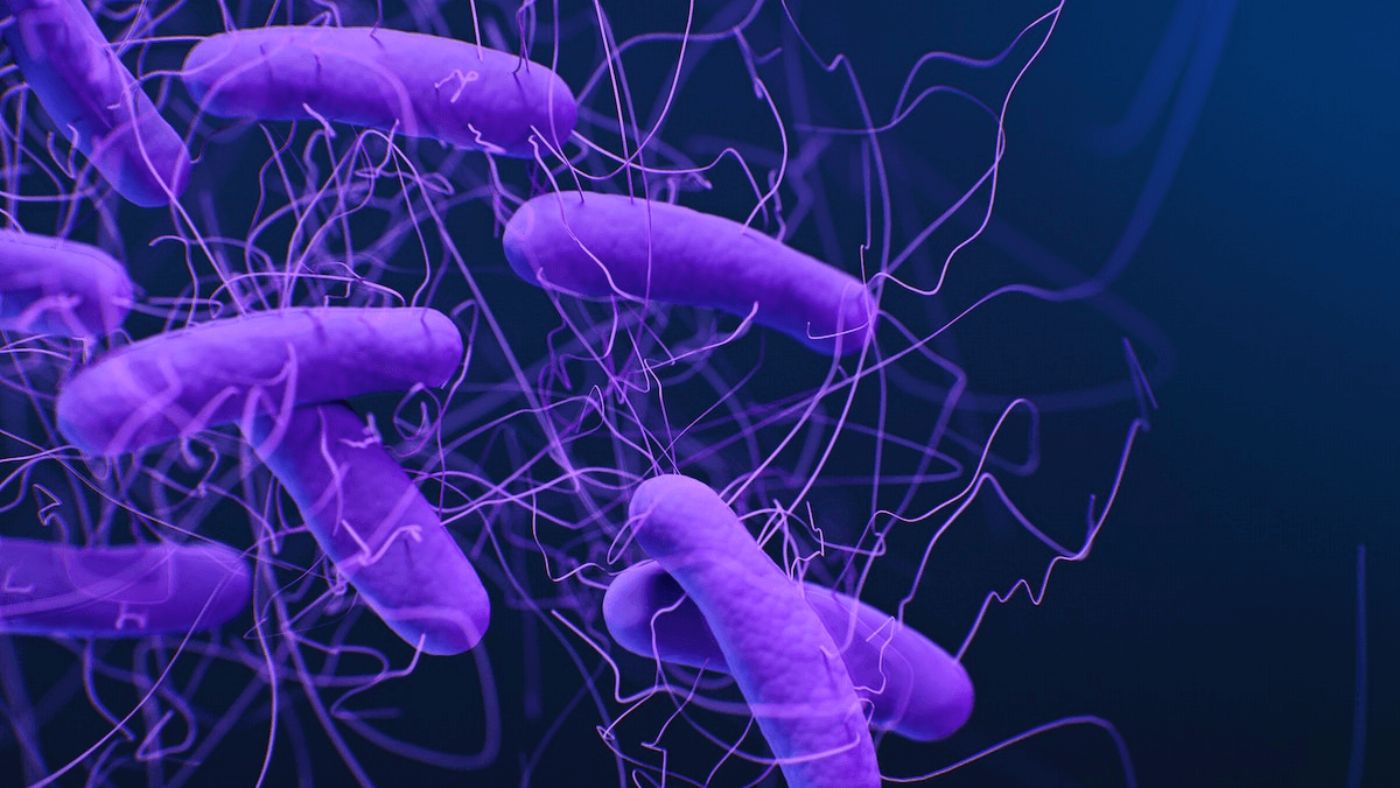Scientists have utilized artificial intelligence (AI) to uncover a novel antibiotic capable of eradicating a deadly superbug species.
AI was instrumental in sifting through thousands of potential chemicals to identify a select few for laboratory testing.
The result of this effort is abaucin, a potent experimental antibiotic that will undergo further evaluation before potential clinical use.
Researchers from Canada and the US emphasize that AI has the potential to significantly expedite the discovery of new drugs, marking another instance of AI’s transformative impact on science and medicine.
Antibiotics are crucial for combating bacterial infections, but the development of new drugs has stagnated, while bacteria have evolved resistance to existing treatments.
Each year, over a million people die globally from infections resistant to antibiotics.
The study focused on Acinetobacter baumannii, a particularly problematic bacterium capable of causing infections in wounds and pneumonia.
While not widely known, it is classified by the World Health Organization as a “critical” threat due to its ability to resist multiple antibiotics, posing a significant challenge in healthcare settings such as hospitals and care homes.
Dr. Jonathan Stokes from McMaster University describes A. baumannii as “public enemy number one” due to its widespread resistance to nearly all antibiotics.
To identify a new antibiotic, researchers trained AI using thousands of drugs with known chemical structures, testing them manually on A. baumannii to assess effectiveness.
AI learned to recognize chemical features in drugs effective against the bacterium.
The AI then screened 6,680 compounds whose effects were unknown. Published in Nature Chemical Biology, the results revealed AI took just an hour and a half to shortlist promising candidates.

Out of 240 compounds tested in the lab, nine showed potential, including the highly potent abaucin.
Lab tests demonstrated abaucin effectively treated infected wounds in mice and killed A. baumannii samples from patients.
However, Dr. Stokes cautioned that refining the drug and conducting clinical trials are crucial next steps. He anticipates AI-derived antibiotics could be available for prescription by 2030.
Interestingly, abaucin had no impact on other bacterial species, acting specifically against A. baumannii.
Unlike many antibiotics that kill bacteria broadly, researchers believe abaucin’s precision could reduce the emergence of drug resistance and minimize side effects.
In theory, AI could screen millions of compounds efficiently—an impractical feat manually.
“AI accelerates the rate and potentially reduces the cost of discovering these urgently needed new antibiotic classes,” noted Dr. Stokes.
After validating AI-driven antibiotic discovery principles with E. coli in 2020, researchers now focus on pathogens like Staphylococcus aureus and Pseudomonas aeruginosa.
“This finding underscores AI’s potential to speed up and broaden our search for novel antibiotics,” affirmed Prof. James Collins from the Massachusetts Institute of Technology.
He added, “I’m excited that this work demonstrates how AI can help combat problematic pathogens like A. baumannii.”
Prof. Dame Sally Davies, former chief medical officer for England and government envoy on antimicrobial resistance, expressed optimism about AI’s potential impact, calling it a “game-changer” that will save lives.
